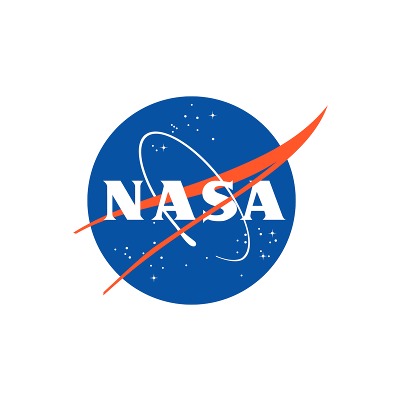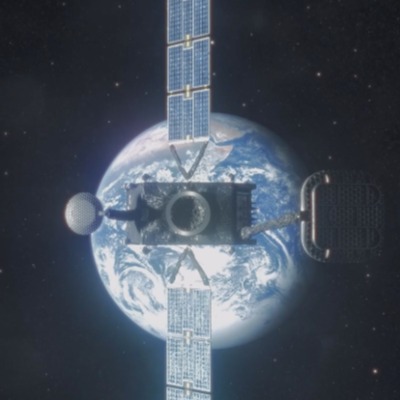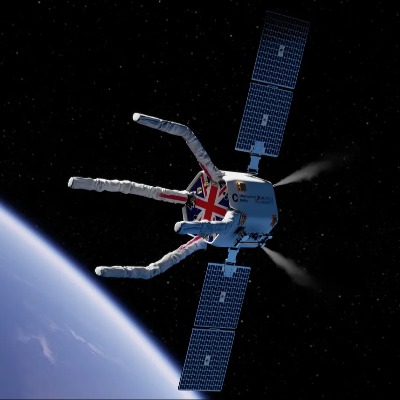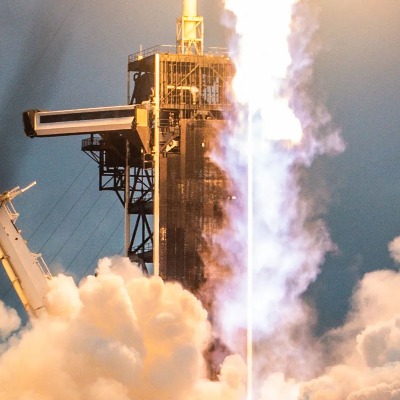US and Russia Maintain Spacefaring Alliance: Crew Swaps On Each Other's Rockets Extended Through 2025
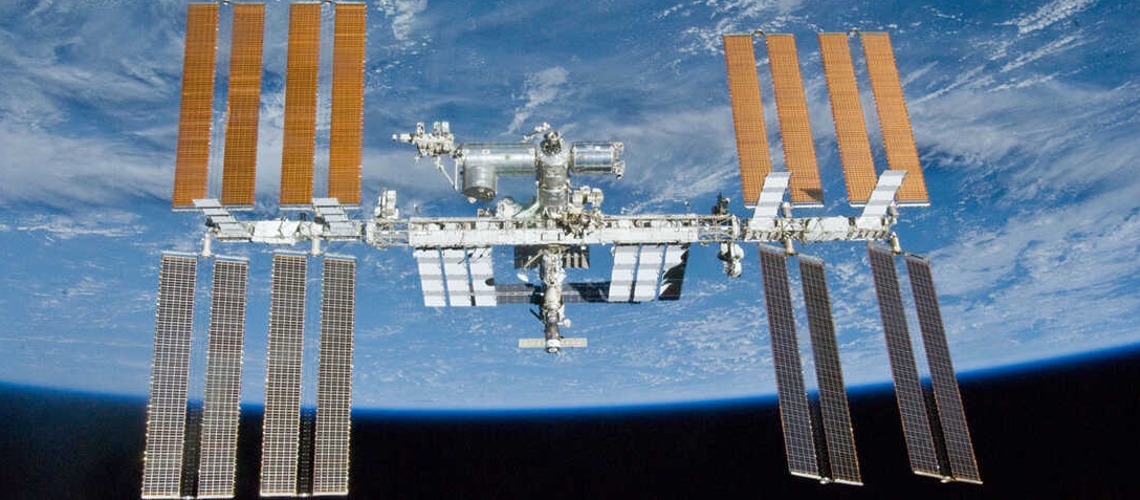
Amidst ongoing geopolitical tensions, the space agencies of the United States and Russia announced a renewed commitment to the International Space Station (ISS), extending their agreement for cross-flights aboard each other's spacecraft through at least 2025.
Key Points:
- US and Russia extend agreement for crew swaps on each other's spacecraft to the ISS through 2025.
- This decision prioritizes the well-being and research opportunities of the orbiting station.
- The extension offers a ray of hope for continued international cooperation in space exploration.
- Uncertainties around the ISS's future beyond 2028 persist, highlighting the need for ongoing dialogue and commitment.
This decision ensures uninterrupted crew rotations and continued joint scientific research on the orbiting laboratory.
Roscosmos, the Russian space agency, made the formal announcement, stating that the extension aims to "maintain the reliability of the ISS as a whole" and guarantee the presence of both American and Russian personnel on their respective segments of the station. This collaborative spirit comes as a welcome sign amidst strained relations between the two powers on Earth.
"This agreement underscores the unique and essential role of the ISS as a symbol of international cooperation," said NASA Administrator Bill Nelson. "By working together, we can continue to make groundbreaking scientific discoveries and inspire future generations to reach for the stars."
The cross-flight program, initiated in 2022, allows American astronauts to fly on Soyuz spacecraft and Russian cosmonauts to travel on American SpaceX Dragon capsules. This redundancy assures continued access to the ISS in case of unforeseen issues with either nation's launch vehicles.
The extension brings additional stability to the ISS program, which recently faced uncertainties about its future beyond 2024. While Russia has publicly committed to staying on until 2028, concerns around funding and geopolitical relations lingered. This renewed agreement offers some reassurance to the international partners involved in the project.
However, challenges remain on the horizon. The future of the ISS beyond 2028 remains unclear, and tensions between the US and Russia continue to cast a shadow. Nevertheless, the extension of the cross-flight program demonstrates the enduring power of scientific collaboration and the potential for international cooperation to reach beyond earthly boundaries.

